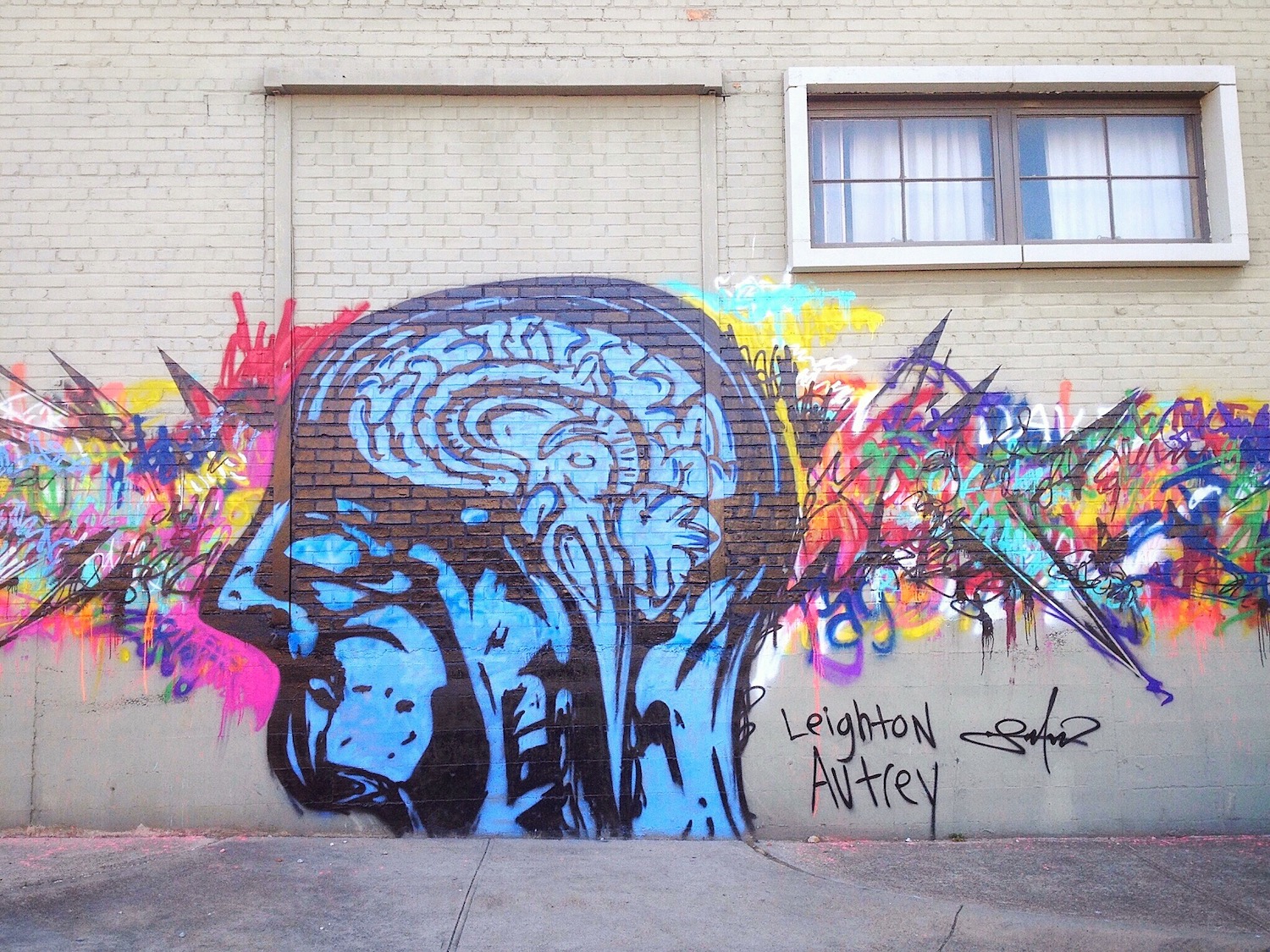While epidemiologists and virologists around the world push to understand and limit the impact of COVID-19, a new foe has arisen that takes a slightly different form: that of the mental health pandemic. In a study led by the U.S. Census Bureau, more than 40% of respondents reported significant symptoms of depression and anxiety — a level nearly twice that from surveys prior to the pandemic. This increase has disproportionately affected racial and ethnic minority groups, with higher rates of depression and anxiety being reported from African American, Native American, and LatinX communities.
In response, much has been discussed about the rise of telemedicine, particularly in mental health. The field has experienced a rapid deregulation, accomplished in part by lifting geographical restrictions and broadening services eligibility. Psychotherapy provided via telemedicine has demonstrated comparable efficacy to face-to-face encounters, and virtual appointments allow providers to see their clients without risk of exposure to infectious disease for either party. Lastly, patients can avoid the costs of travel time and child care, and are able to communicate from the comfort of their own homes.
The vision for remote mental health care, however, extends well beyond the standard benefits of telemedicine. New digital tools can also help advance the field and improve the efficacy of care. Artificial Intelligence analysis of smartphone data around behavior, physiological activity, and biometric indications can provide new insights into how people feel and behave. “Did you avoid texting your friends this week? Is that different than usual?” By asking questions like this, practitioners can start to systematically understand how depression manifests for different individuals, creating objective tools within a field that traditionally relies on human intuition to make diagnosis and treatment decisions.
This field is rapidly transforming, and a growing body of clinical research has spurred new startups and innovation. Large players like Mindstrong have analyzed texting patterns to evaluate the progression of schizophrenia patients, and more recent upstarts like Kintsugi have evaluated voice and speech biomarkers to measure and predict well-being. While outcome rates in psychotherapy have remained relatively stagnant over the past 30–40 years, recent booms in innovation have the opportunity to fundamentally change the way we understand and manage mental health care, particularly for diverse populations.
Artificial Intelligence analysis of smartphone data around behavior, physiological activity, and biometric indications can provide new insights into how people feel and behave.
Challenges and limitations still withstand. The field of psychotherapy has not traditionally been data-intensive, and ensuring the utilization of new tools will be a design problem that requires deep empathy for both clinicians and patients. In addition, data privacy and security present important considerations, and these systems will require the application of new technological methods (e.g. differential privacy, Bayesian machine learning) to assure the public that they are truly secure.
Nevertheless, the opportunity in mental health today is extraordinary. Innovations in response to the pandemic have dramatically expanded access to care, and new AI-based tools may systematically improve outcome rates for the first time in a generation. With these promises comes great potential — clinicians, technologists, and academics must work together to achieve our technological imperative in mental health, both through the pandemic and beyond.
